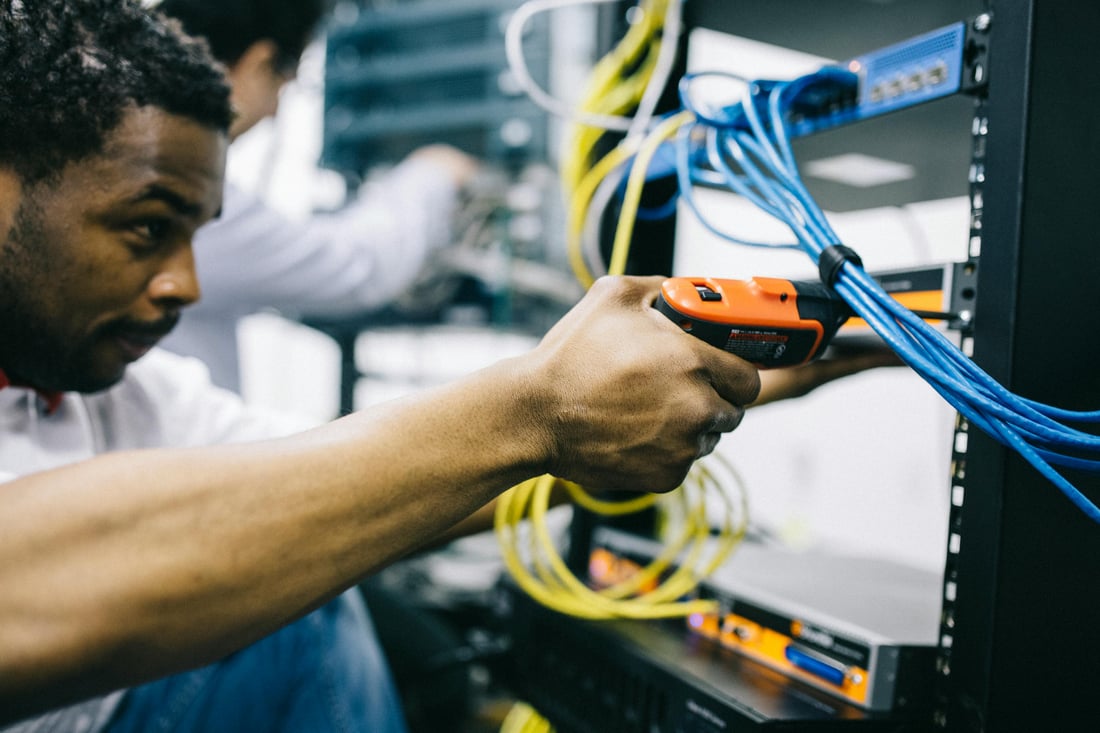What is Hardline equipment inspection?
Hardline equipment refers to equipment that are used in harsh industrial environments such as mines, construction sites, and oil rigs. Hardline equipment inspection is the process of evaluating and testing the condition of these heavy-duty machines to ensure their safety and reliability. The inspection is performed by trained professionals who assess various components of the equipment, including the engine, brakes, hydraulics, and electrical systems.
The Significance of Hardline Equipment Inspection
Hardline equipment are expensive assets that require regular maintenance and inspection to ensure safe and efficient operation. Failure to inspect and maintain this equipment can lead to serious accidents, injuries, and even fatalities. Therefore, regular hardline equipment inspection is not only a legal requirement but also a crucial aspect of workplace safety.
Benefits of Regular Hardline Equipment Inspection
Regular hardline equipment inspection offers several benefits, including:
- Improved safety: Regular inspection helps identify potential hazards and prevents accidents.
- Increased equipment lifespan: Timely repairs and maintenance increase the lifespan of the equipment.
- Reduced downtime: Regularly inspected and maintained equipment are less likely to break down, resulting in reduced downtime.
- Decreased repair costs: Early detection of equipment issues helps to minimize repair costs.
When Should Hardline Equipment Be Inspected?
Hardline equipment inspection should be done on a regular basis as part of the maintenance schedule. The frequency of inspection depends on the equipment type, usage and the environment it operates under. It is recommended to conduct inspections at least annually, but more frequently if required by legislation or in harsh operating conditions.
Who Should Inspect Hardline Equipment?
Hardline equipment inspection should only be carried out by trained and qualified personnel. Inspectors undergo rigorous training to ensure they are knowledgeable, competent and capable of identifying potential hazards or faults in equipment components. Experienced inspectors have the skills and technical knowledge to assess an extensive list of components to ensure equipment is in optimal condition before use.
What Does Hardline Equipment Inspection Entail?
Hardline equipment inspection entails a thorough examination of different components and systems of the machine. The inspection includes:
- Visual inspection for signs of wear, cracks or corrosion.
- Functional test of brakes, transmission, steering and other components.
- Hydraulic and electrical system testing.
- Inspection of structural components.
- Lubrication testing and change if required.
The Importance of Documenting Hardline Equipment Inspection Results
Documentation of hardline equipment inspection results is imperative to ensure that equipment meets regulatory requirements and maintains optimal safety and reliability. The inspection report should include the date of inspection, who conducted the inspection, details of the components examined, comments on the condition of the components, and any recommendations for repairs or maintenance work.
What Happens When Hardline Equipment Fails Inspection?
If hardline equipment fails inspection, it may not be used until appropriate repairs have been made. The equipment may require replacement parts, major overhaul or replacing the machine with a newer or properly working substitute. Depending on the nature of faults or wear observed, equipment may have to go through another inspection before issuance of an operation certificate.
Conclusion: Safe Machinery for Safe Operations
Hardline equipment inspection is essential in ensuring safe operations in harsh industrial environments. Regular inspection and maintenance reduce equipment downtime, improve efficiency, and increase equipment lifespan. Trained inspectors use standardized inspection procedures to identify and report potential hazards or faults relating to equipment. Hardline equipment inspections are crucial in reducing risks of accidents, ultimately creating a healthy and safe working environment.

